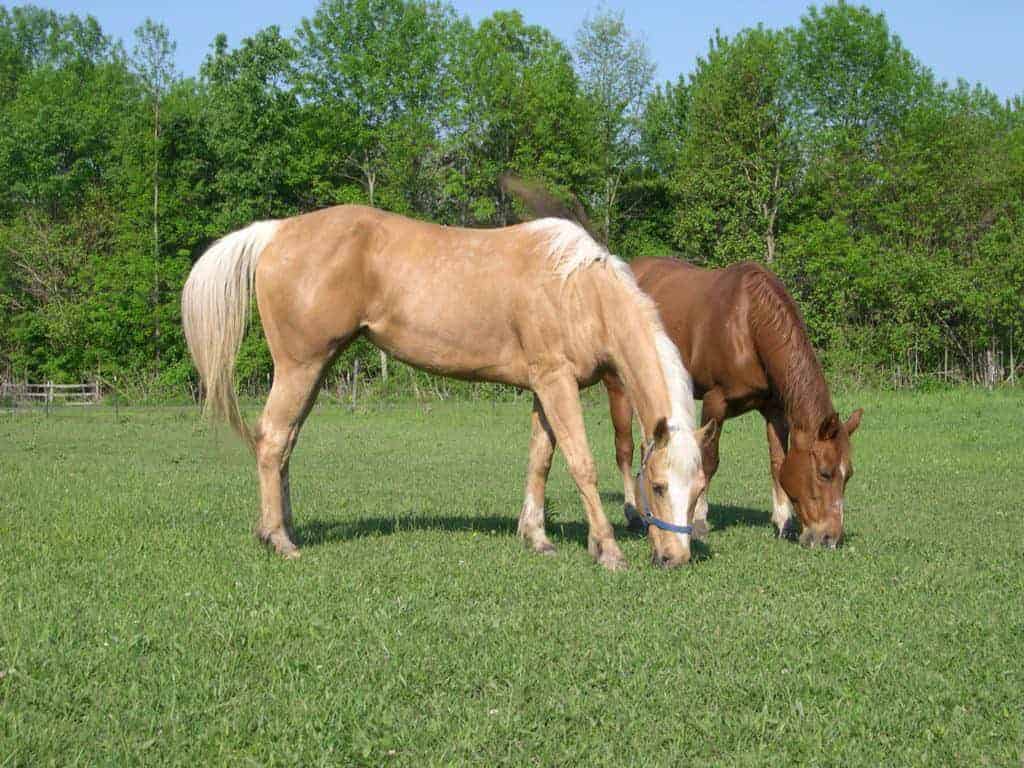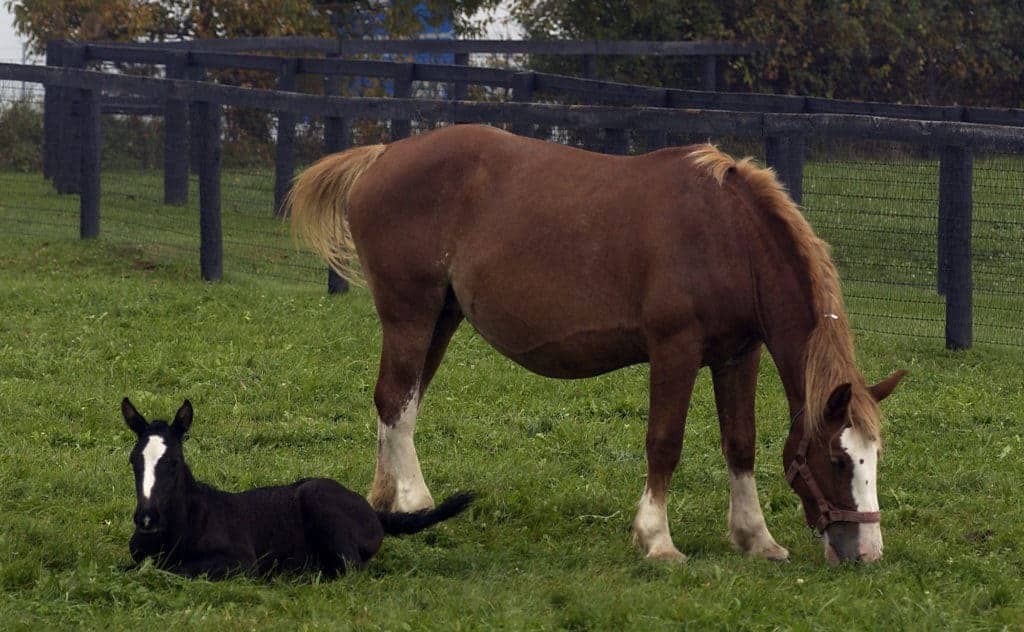
Preserving Feces to Improve Diagnosis
Freezing or inhibiting fecal samples from diarrheic horses allows C. perfringens detection for weeks longer.

Freezing or inhibiting fecal samples from diarrheic horses allows C. perfringens detection for weeks longer.
Researchers find large intestinal thickening could indicate multiple diseases in addition to colic.
The Microbiology Lab at Penn Vet is offering a panel of assays to streamline testing for foals with diarrhea.

Could a healthy horse in one’s own backyard be a disease risk for other horses?

One of the most dangerous organisms that can sicken horses is the bacterium Clostridium difficile.
Horse owners and vets must use antimicrobials responsibly to help reduce bacterial drug resstance.
Veterinarians commonly treat many equine infections with antimicrobial drugs to achieve resolution. However, in some cases, the antimicrobials themselves induce gastrointestinal disturbances with subsequent diarrhea. “This unfortunate side effect of

The horse’s large intestine absorbs large volumes of fluid from the bowel. When a situation interferes with fluid absorption from the large colon, fluid passes quickly from the body to increase the water content of the feces, resulting in diarrhea.
Multiple clues can help a practitioner determine the cause of infectious diarrhea or colitis in adult horses, including the farm’s history of previous outbreaks, geographic location, and season.
Clostridium difficile bacteria can cause severe, sometimes fatal colitis in horses. When a horse develops severe diarrhea (particularly if blood is present), C. difficile might be suspected, but veterinarians must confirm the infectio
What do nutritional supplements, infectious diseases, and snake bites have in common? All were considered “hot
A recent addition to a family of bacteria generally associated with human stomach problems could play a part in causing intestinal upset in foals, say Belgian researchers who have found that a disproportionate amount of foals have the bug in their
Toxins produced by the bacterium Clostridium difficile can cause diarrhea in adult horses and foals. The high economic impact associated with treatment costs, considerable animal losses to disease associated with mortality and
Newborn foals are especially susceptible to gastrointestinal diseases such as clostridial enterocolitis, which is characterized by abdominal pain, diarrhea, toxemia, shock, or death without prior signs. While this disease occurs only
“While many outbreaks of respiratory disease in foals are infectious in nature, this is not always the case,” she began. “Environmental factors can have a profound effect.”
Japanese scientists recently announced that they have sequenced the genome of Clostridium perfringens. The organism can cause diarrhea, scours, and other intestinal problems in horses. Clostridia are normally found in various environments
Stay on top of the most recent Horse Health news with
"*" indicates required fields